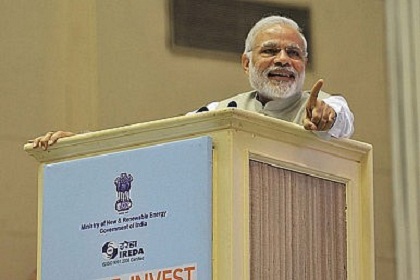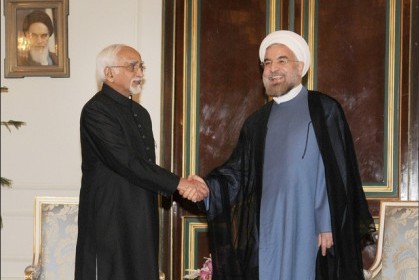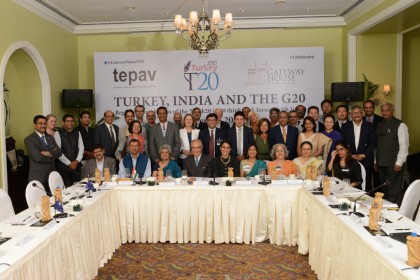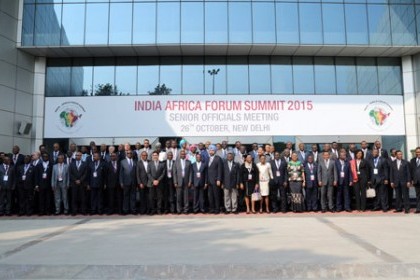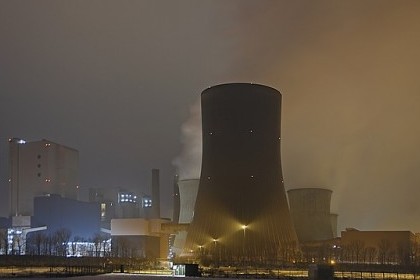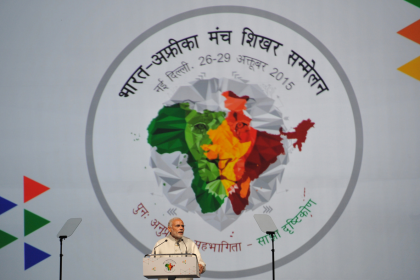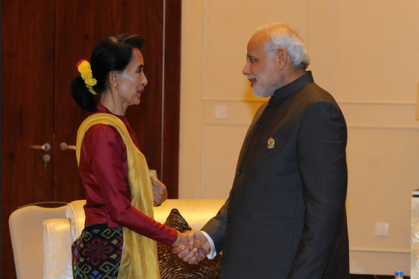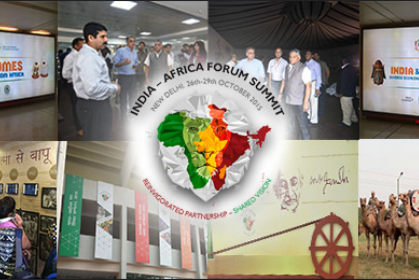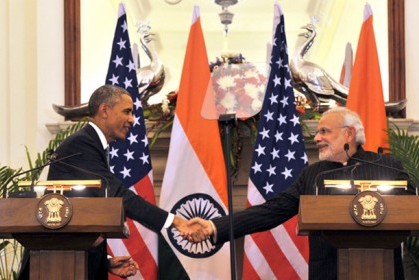An agenda for India’s G20 success
Prime Minister Narendra Modi’s initiatives like the Make in India campaign, Digital India, Skill India, Smart Cities, et al, are all designed to attract much needed foreign capital into the country. However, a lot of global investors are still sitting on the fence. PM Modi, thus, must use the G20 Summit to assure investors and countries that India is open for business.

